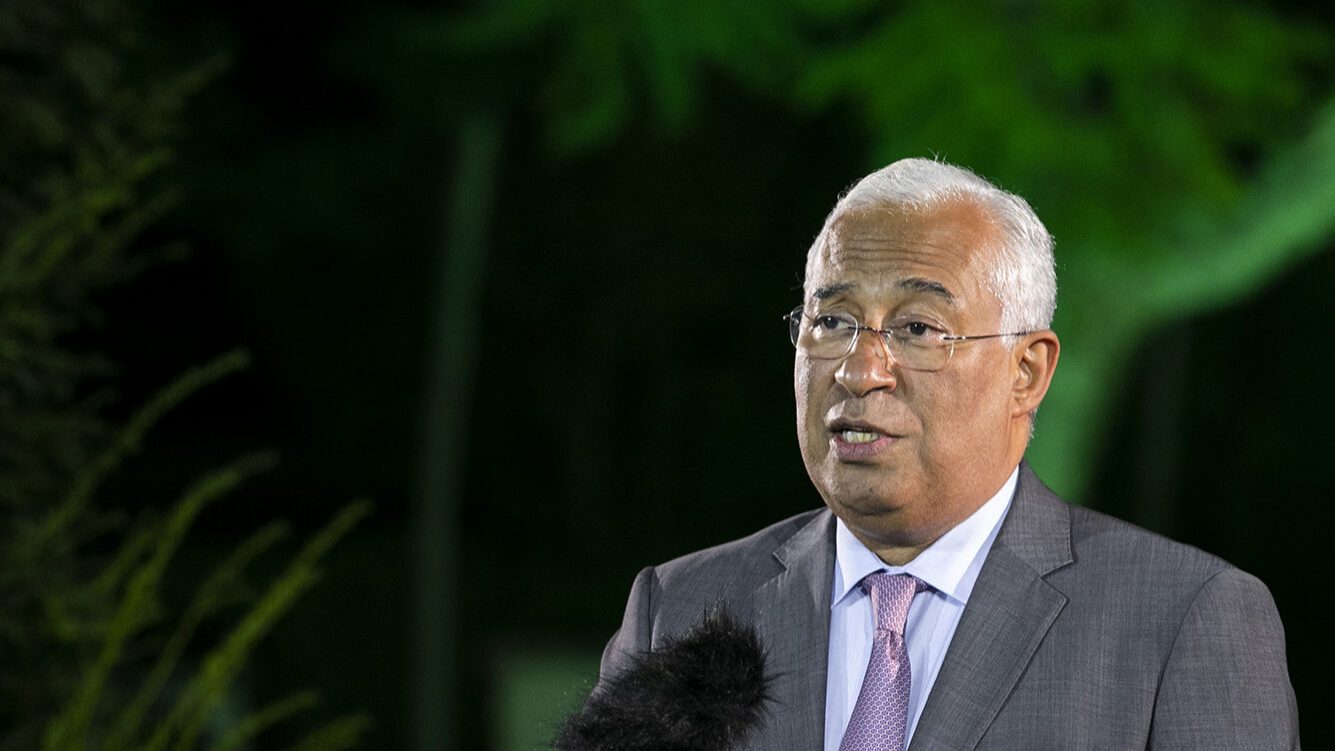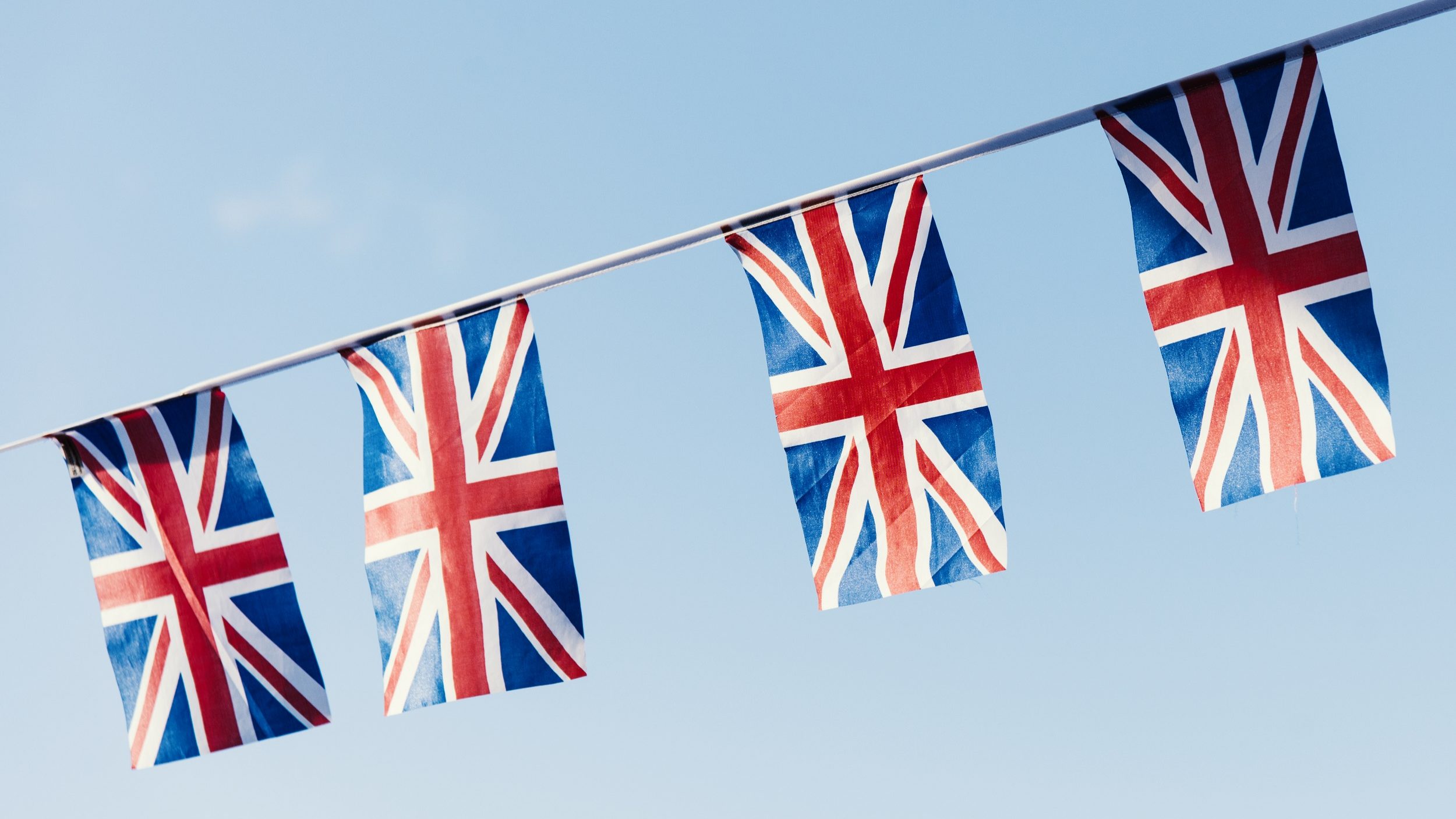Portugal to get €58.3M EU support for sectors effected by Brexit
The country should receive at least 58.3 million euros from the EU to support the economic sectors most affected by the UK's exit from the Single Market.
Portugal should receive at least 58.3 million euros from the reserve created by the EU to support the economic sectors most affected by the UK’s exit from the Single Market, the European Commission said on Wednesday.
This figure (in current prices) concerns the first instalment of this post-Brexit reserve, the distribution of which has yet to be approved by member states and the European Parliament.
Following the announcement of the creation of this reserve last December, the European Commissioner for Cohesion and Reforms, Portugal’s Elisa Ferreira, on Wednesday specified the amounts allocated to each country.
In a post on Twitter, the European Commissioner speaks of an adaptation reserve of around 5 billion euros for the 27 member states in total, which aims to support countries, regions, sectors most affected.
According to the document, some 4.245 billion euros in current prices (4 billion euros in constant prices) is expected to be paid out this year and the remaining €1.1 billion (€1 billion in constant prices) will be distributed by 2024.
Also based on this table published on the internet, Ireland and the Netherlands should be the main beneficiaries of the matching reserve, a list which is also led by Germany, France and Belgium.
Like Portugal, in this first instalment, Ireland is expected to receive 1.052 billion euros, the Netherlands 757.4 million, Germany 455.4 million, France 420.8 million and Belgium 324.1 million.
This adjustment reserve is on the agenda of a meeting of EU-27 Ambassadors in Brussels on Wednesday.
In the proposal made at the end of December, the European Commission said that the allocation of the funds would take into account the importance of trade with the UK and the importance of fisheries in the UK Exclusive Economic Zone.
The post-Brexit agreement between the EU and the UK, which entered into force on 1 January 2021, allows both parties to continue to negotiate without quotas or tariffs.
However, this agreement does not avoid new costs and bureaucracy for European companies doing business with the UK.


